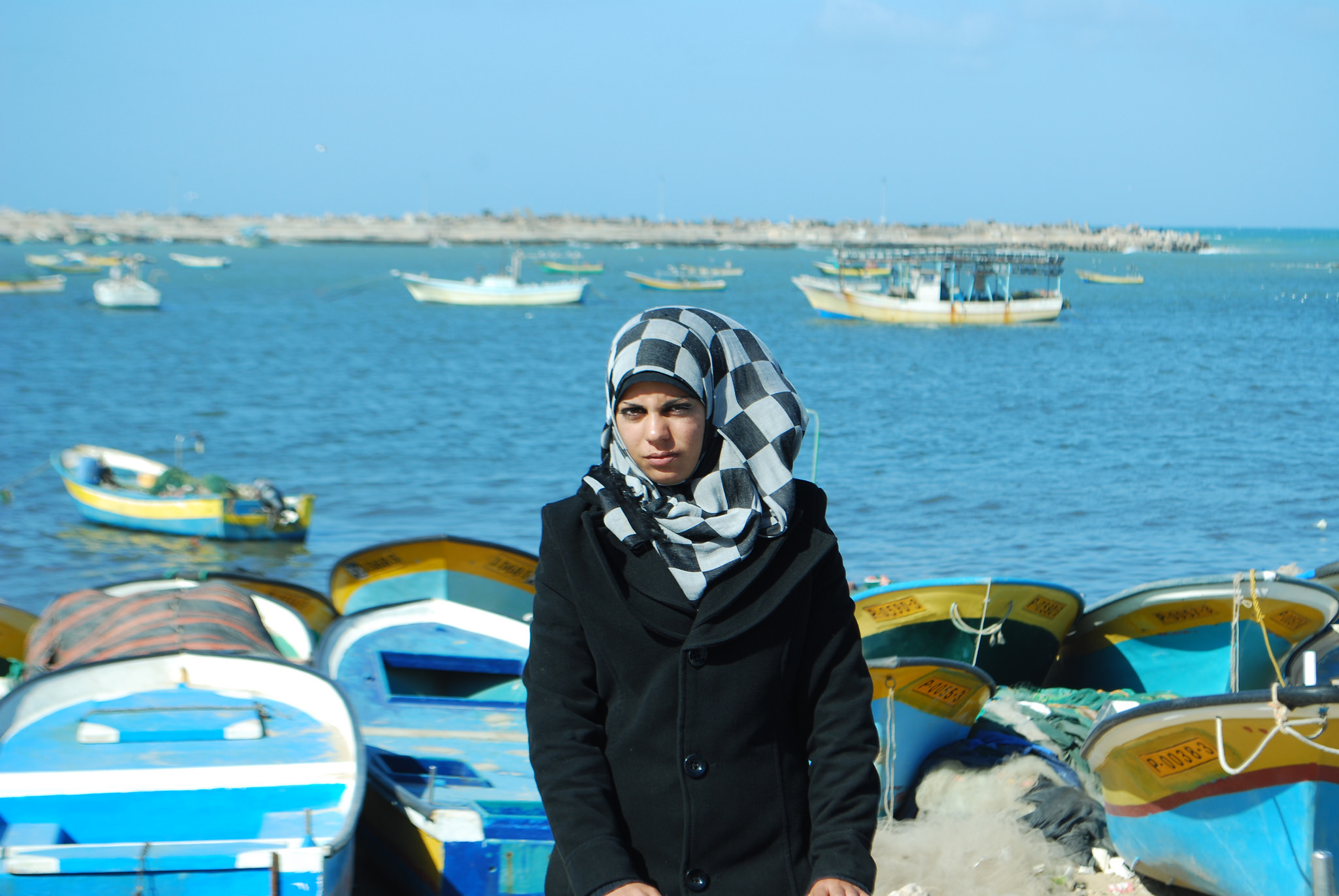Category: Journals
-
Armed settlers occupy village land in Hebron
14th March 2014 | International Solidarity Movement, Team Khalil | Arab ar Rashyaida, Occupied Palestine On Tuesday 11th March 2014 villagers from Arab ar Rashyaida, 15 kilometers (10 miles) west of Hebron, noticed that a large tent and industrial digger had moved onto a hill top on a villagers land. ISM Hebron was called and accompanied…
-
Madleen Kolab, Gaza’s only fisherwoman
9th February 2014 | International Solidarity Movement, Charlie Andreasson | Gaza, Occupied Palestine I have seen her standing there more then once, at the edge of the port, looking out over the boats in the harbor and then towards the horizon. And for a short second, I have seen myself, when as a child I took…
-
Why does Israel treat Gaza farmers sowing wheat by hand as military targets?
28th December 2013 | International Solidarity Movement, Charlie Andreasson | Gaza, Occupied Palestine December is the time for farmers in the Gaza Strip to sow. But for those with fields near the Israeli separation barrier, it is highly dangerous. Sure enough, we were met by news that an 18-year-old was shot an hour earlier when…



